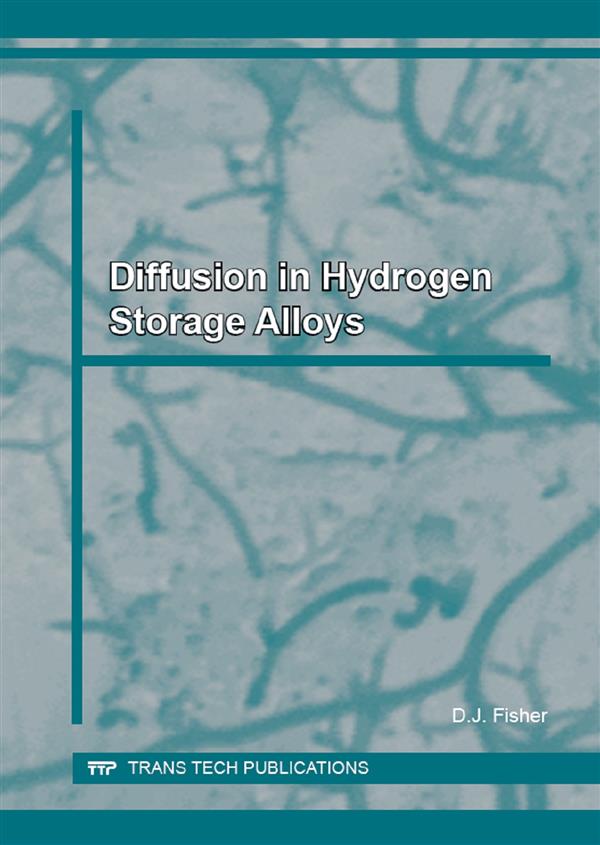Engineering Research
Materials Science
Engineering Series
Diffusion in Hydrogen Storage Alloys
Description:
Purchase this book:
Info:
Review from Ringgold Inc., ProtoView:
Fisher summarizes diffusion data relevant to storing hydrogen in metal to keep it from exploding during storage, transport or use as a fuel. The ability of certain meals to occlude hydrogen in a reversible manner—thus making the storage of the gas as practical as the storage of electrical energy by conventional batteries—was discovered in laboratories during the 19th century, he says, but not until 1967 did research begin to transform that phenomena into practical, large-scale storage for hydrogen as a fuel. He covers alloys based on chromium, magnesium, manganese, nickel, titanium, vanadium, and zirconium.
Ringgold Subjects:
— Engineering
— Materials science
— Metals

